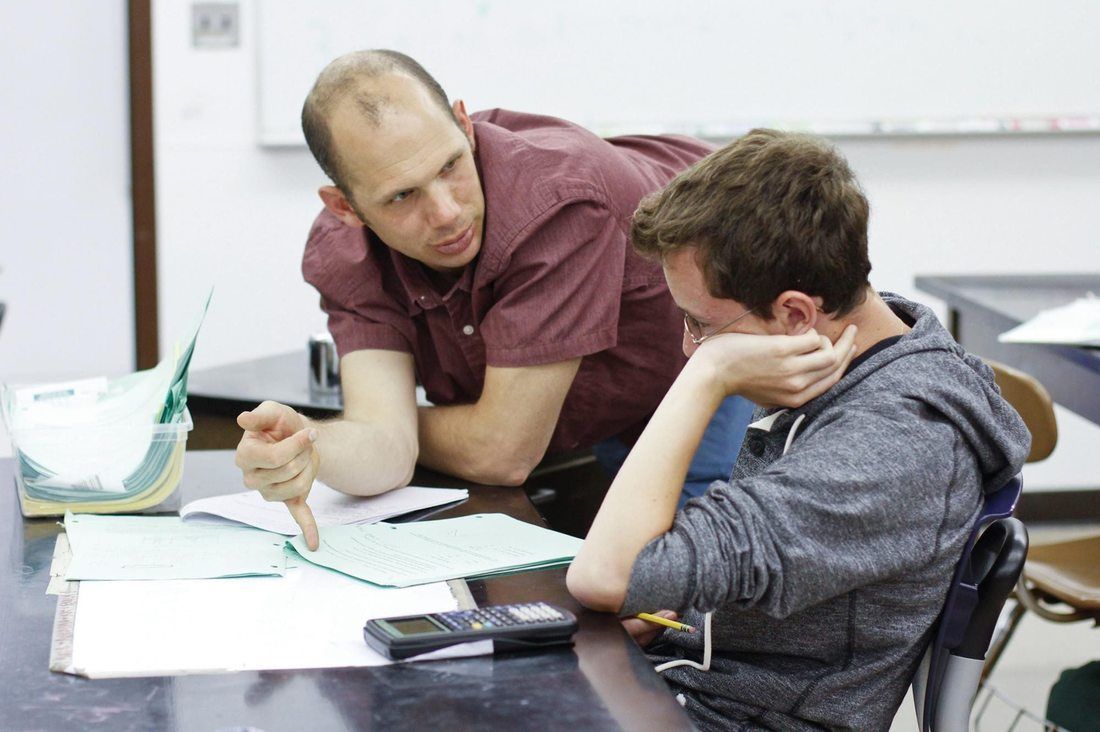|
|
|
I just finished reading the Loewenstein (1998) article The Psychology of Curiosity: A Review and Reinterpretation . Not surprisingly the paper begins by reminding the reader of the strong relationship between curiosity and both child development and learning. The author then goes on to state that appropriate instructional pedagogy should encourage students to cultivate curiosity in their students, and to resist the tendency for the educational to "quell" it.
Although the paper corroborates the findings that, due to a myriad of potential cognitive and behavioral causes, curiosity is a difficult construct to define, I was fascinated with the author's description of Involuntary Curiosity. Loewenstein defines this type of curiosity as arising "...spontaneously as a result of an unintentional exposure to a curiosity-inducing stimuli" (p. 91). Keeping this definition in mind, it is logical to claim that sparking Involuntary Curiosity is an essential skill for teacher's to possess. Although we would like all students to come to class open, ready and full of questions, the reality of classroom teaching, particularly at the secondary level, is that a balance between valuing student individual interests and creating the "curiosity-inducing stimuli" described above, is necessary. The paper goes on to outline 5 different situational factors that can serve as curiosity inducing stimuli:
What I love most about reading articles like this one, is the tangible, structured goal I am left with. The above 5 stimuli are easy to understand, and I find it rewarding to reflect on ways I am already, and can improve, how I cultivate involuntary curiosity in my classroom. Moreover, while many of the above stimuli happen "involuntarily" when teaching, the structured nature of the list inspires me to create a resource of specific examples of the above for myself and my colleagues. Be on the look out! Comments are closed.
|
Categories
All
Archives
March 2024
|

 RSS Feed
RSS Feed